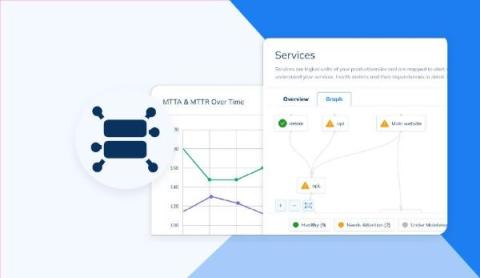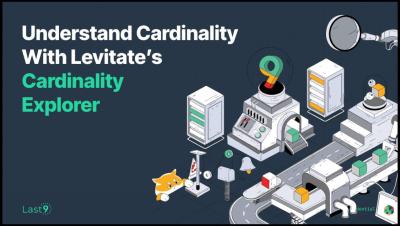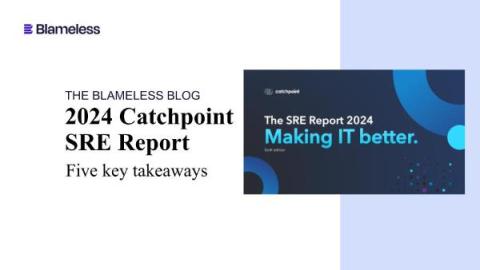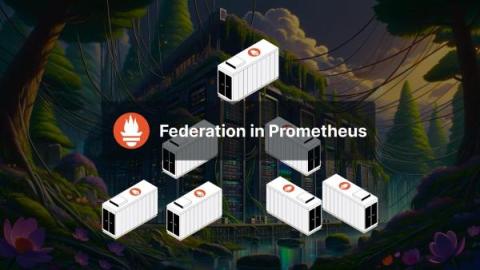Operations | Monitoring | ITSM | DevOps | Cloud
SRE
The latest News and Information on Service Reliability Engineering and related technologies.
Understanding Cardinality with Levitate's Cardinality Explorer
Does Every Incident Need a Retrospective? Here's What the Experts Have to Say
Every quarter, we host a roundtable discussion centered around the challenges encountered by incident responders at the world’s leading organizations. These discussions are lightly facilitated and vendor-agnostic, with a carefully curated group of experts. Everyone brings their own unique perspective and experience to the group as we dive deep into the real-world challenges incident responders are facing today.
From Amazon to Apple: Key Strategies for Operational Excellence in Tech
8 Strategies for Reducing Alert Fatigue
Site Reliability Engineers (SREs) and DevOps teams often deal with alert fatigue. It's like when you get too alert that it's hard to keep up, making it tougher to respond quickly and adding extra stress to the current responsibilities. According to a study, 62% of participants noted that alert fatigue played a role in employee turnover, while 60% reported that it resulted in internal conflicts within their organization.
The Catchpoint 2024 SRE Report - Five Key Takeaways
Non-Abstract Large System Design (NALSD): The Ultimate Guide
Non-Abstract Large System Design (NALSD) is an approach where intricate systems are crafted with precision and purpose. It holds particular importance for Site Reliability Engineers (SREs) due to its inherent alignment with the core principles and goals of SRE practices. It improves the reliability of systems, allows for scalable architectures, optimizes performance, encourages fault tolerance, streamlines the processes of monitoring and debugging, and enables efficient incident response.











